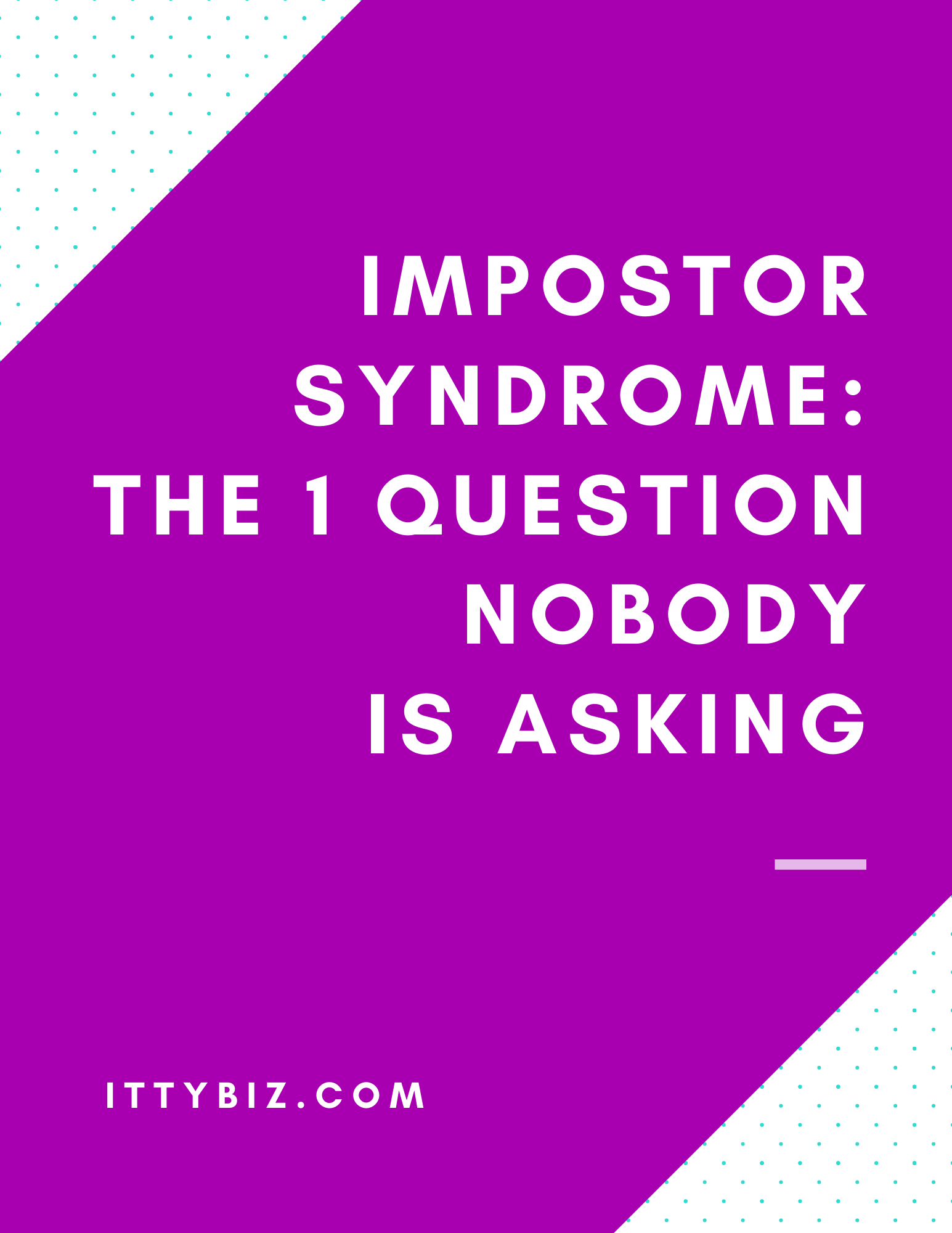In the modern age, many individuals struggle with mental and emotional challenges that hinder their success. Among these, procrastination, emotional dependency, and impostor syndrome are some of the most common challenges. But how can we overcome them?
This article, we will explore the root causes and strategies to address these three challenges. By understanding their impact and learning how to tackle them, you can take control of your life.
What is Procrastination?
Procrastination is the act of delaying tasks even when you are aware of the consequences. It often stems from fear of failure, lack of motivation, or poor time management.

The effects of procrastination, frases sobre dependencia emocional can be far-reaching. Overcoming procrastination requires practicing self-discipline and creating actionable plans. Consider techniques like the Pomodoro Technique or setting realistic deadlines to stay on track.
What is Emotional Dependency?
Emotional dependency is a state where a person depends excessively on external relationships to fulfill their emotional needs. While human connection is essential, emotional dependency can become unhealthy when it leads to a lack of independence.

Symptoms often include a fear of rejection, difficulty making decisions independently, and constant seeking of external approval. To overcome emotional dependency, it’s crucial to build self-confidence and learn to validate yourself internally. Therapy, mindfulness practices, and journaling can be helpful tools.
What is Impostor Syndrome?
Impostor syndrome refers to a psychological phenomenon where someone feels like a fraud despite evident success. Those affected tend to undermine their abilities rather than recognizing their talent and hard work.

Impostor syndrome often results in anxiety, self-doubt, and a fear of being “exposed”. To overcome impostor syndrome involves reframing negative thoughts and celebrating accomplishments. Seeking feedback from trusted peers and embracing self-compassion can support personal growth.
Steps to Overcome Procrastination, Emotional Dependency, and Impostor Syndrome
To navigate these issues, consider the following strategies:
- Develop structured daily plans and break larger tasks into smaller milestones.
- Recognize triggers that contribute to your emotional reliance and foster personal resilience.
- Acknowledge your strengths regularly and consider therapy or coaching.
Long-term improvement requires persistence, so stay committed to these approaches to achieve lasting transformation.
Moving Forward from Mental Barriers
These challenges may seem daunting, but you can overcome them by taking deliberate action. With awareness and consistent effort, you pave the way for a healthier, more fulfilling life.
Take the first step by acknowledging where you stand and implementing small but meaningful changes. Remember: progress is a journey, not a destination.